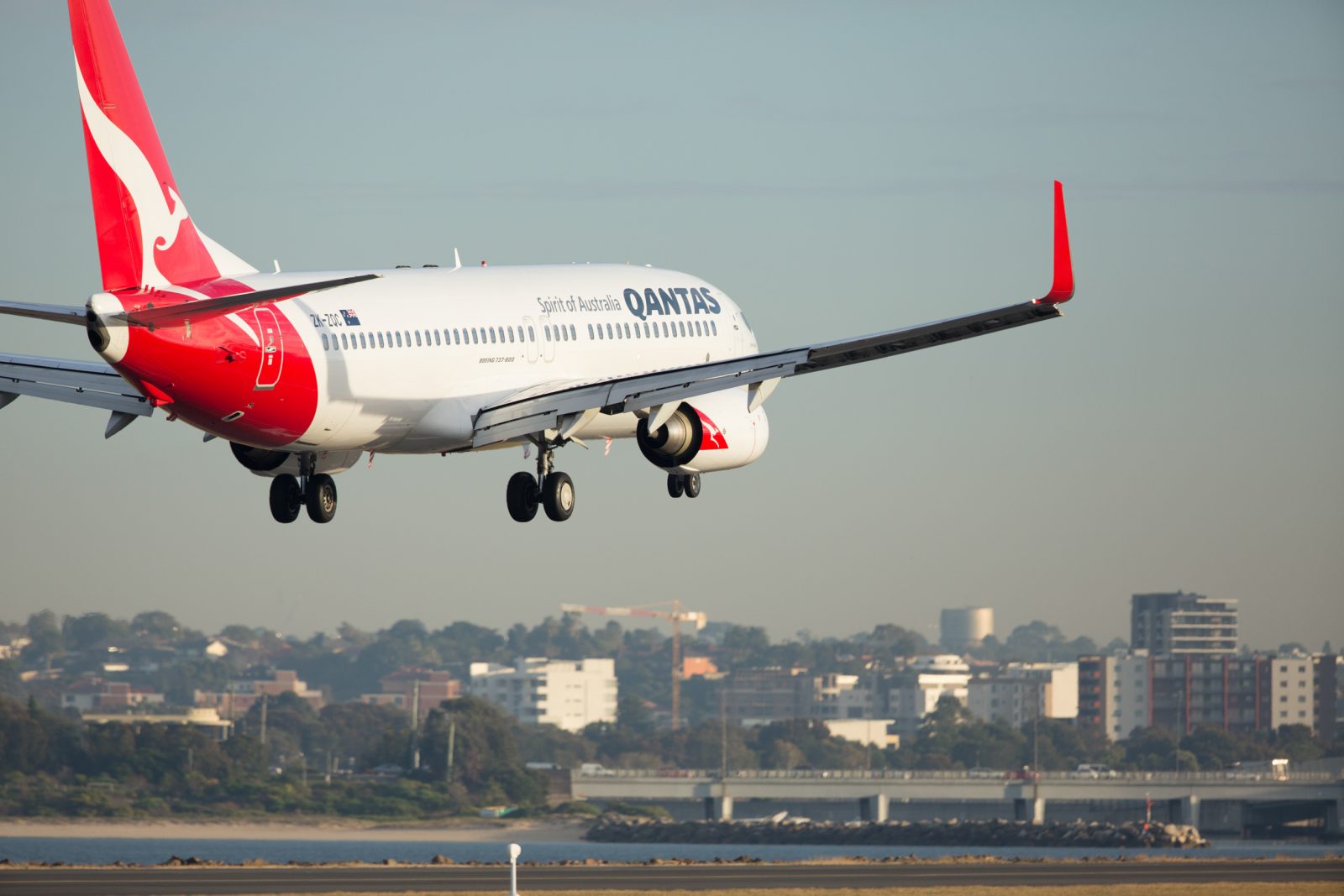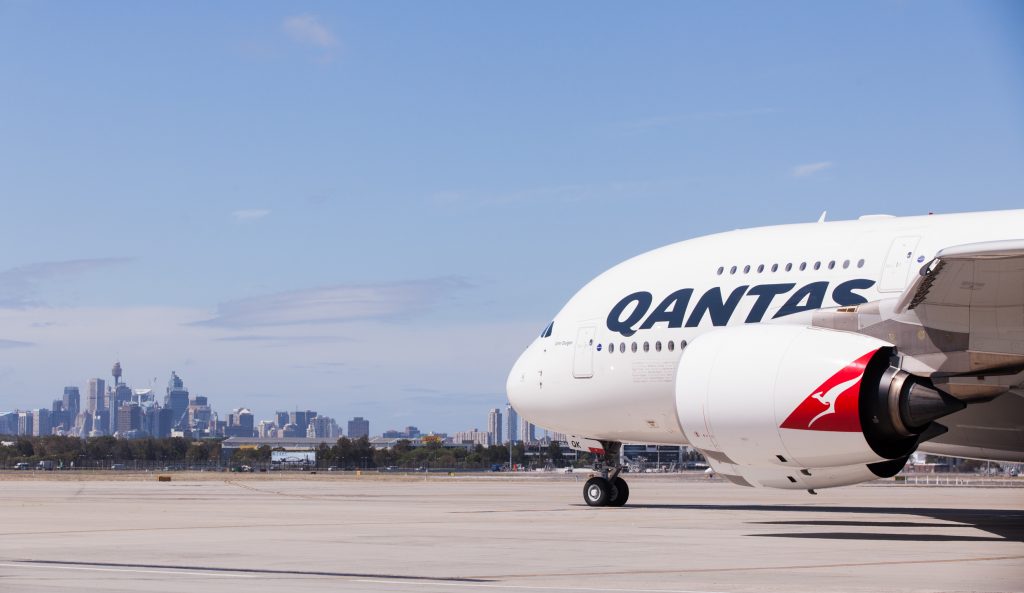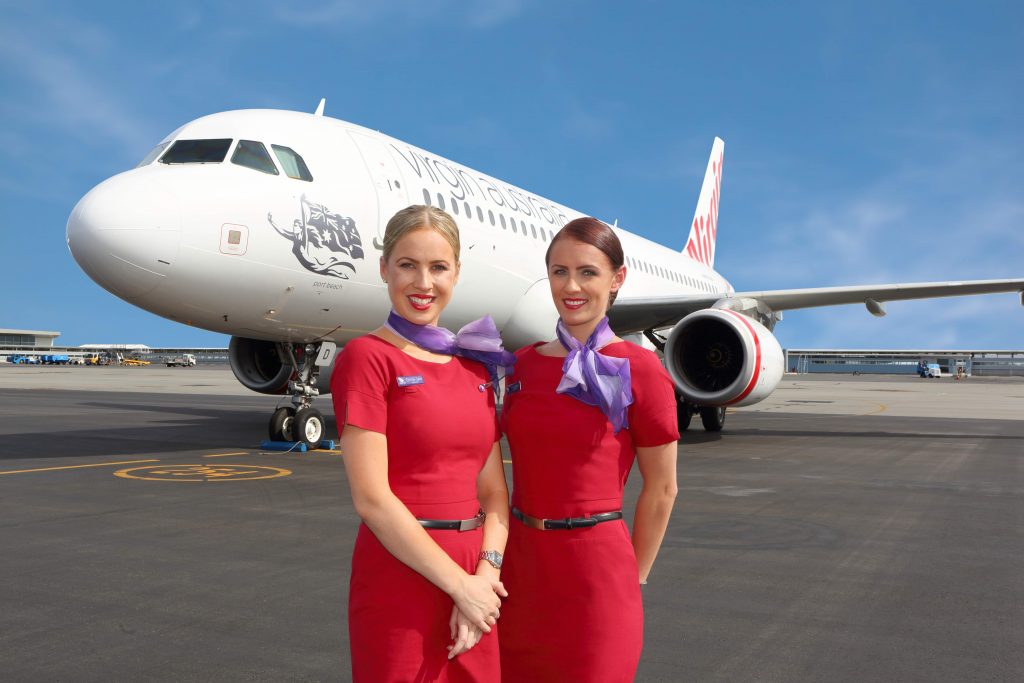
Australian Prime Minister Scott Morrison has announced plans to impose mandatory self-quarantine on all new arrivals to Australia in an attempt to slow the spread of the Coronavirus outbreak. The measure will take effect from 12 am on March 16 until further notice but will exclude arrivals from the Pacific Islands because the area has so far been unaffected by the crisis.
The decision by the Australian government to impose such strict entry restrictions comes just a day after New Zealand premier Jacinda Ardern announced a similar 14-day self-quarantine order on all new arrivals including returning Kiwis.

“All people coming to Australia will be required, will be required, I stress, to self isolate for 14 days,” Morrison said of his decision to impose the tough new measures on Sunday. Australia currently has 250 confirmed cases of Coronavirus.
Australia will continue to ban any foreign nationals who have been in mainland China, Iran, Korea or Italy within the last 14-days. Australian nationals who have been in these countries will be allowed to return but must also go into home quaruntine for 14-days.
Updated guidance from the Australian government also advises all Australians, regardless of age or health, to “reconsider” all but essential overseas travel. In an updated advisory, the foreign affairs department said not only was there an increased of being infected with COVID-19 but that new entry restrictions being introduced around the world made travel “complex and unpredictable”.
“Think about what this might mean for your health, and your family, work or study responsibilities,” the government warned Australian citizens.
Similar entry restrictions have been imposed by several other countries and others, such as Saudi Arabia and Kuwait, have suspended all air travel in an attempt to protect their citizens from Coronavirus.

Last week, Australian flag carrier Qantas said it would ground all but two of its Airbus A380 superjumbos because of the massive slump in passenger demand caused by the COVID-19 pandemic. The airline said it had already asked employees to take unpaid leave and chief executive Alan Joyce will forego his salary until June.
Qantas said it has reduced its international capacity by 23 per cent, although these figures are now likely to be significantly revised up.
“Medical experts, including Australia’s Chief Medical Officer and the World Health Organisation, continue to advise that it continues to be safe to fly and the risk of contracting the Coronavirus on an aircraft remains low,” said Stephanie Tully, Qantas’ chief customer officer on Sunday.
“Travel restrictions are being introduced by governments to contain the spread of the Coronavirus, not because of the risk of contracting the virus on a flight,” Tully continued.
However, she conceded that passengers may not prefer to travel at the moment, as the airline announced new rebooking and cancellation options.
The cruise industry has also come under intense scrutiny after several high-profile COVID-19 outbreaks on cruise ships – including the Diamond Princess – which was eventually allowed to dock in Japan. Australia has now banned all cruise ships which departed from a foreign port from docking in Australia for at least 30-days.
Several cruise lines, including Princes, Disney cruises, Royal Caribbean and Costa cruises have also announced a voluntary and temporary suspension of cruises.
Mateusz Maszczynski honed his skills as an international flight attendant at the most prominent airline in the Middle East and has been flying ever since... most recently for a well known European airline. Matt is passionate about the aviation industry and has become an expert in passenger experience and human-centric stories. Always keeping an ear close to the ground, Matt's industry insights, analysis and news coverage is frequently relied upon by some of the biggest names in journalism.







